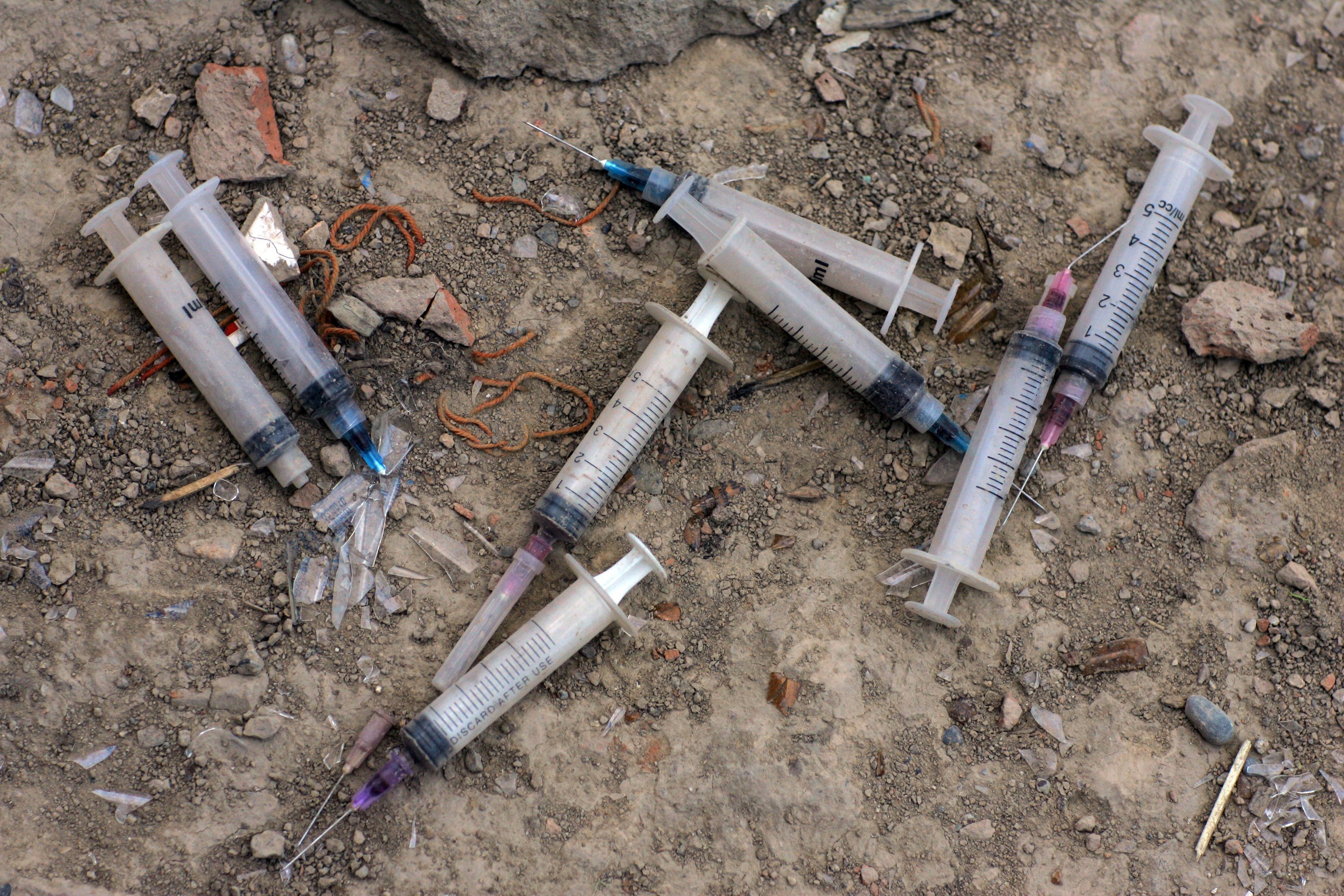Indonesia's Bali Province is phasing out the role of local HIV/AIDS non-governmental organisations (NGOs) in distributing needles and syringes to injecting drug users (IDUs).
The move is mainly in response to a recent revision of the country's narcotics legislation, which designates state health workers as the only people allowed to distribute syringes and needles to drug users.
Previously, NGO outreach workers were responsible for distributing needles directly to IDUs living in communities participating in a government-sponsored Needle Exchange Programme (NEP). The NEP forms part of Indonesia's harm-reduction strategy, which is being implemented with the assistance of various international donors and has played a crucial role in lowering the number of IDUs sharing needles.
The primary mode of HIV transmission in Bali, as in the rest of the country, is injecting drug use: of the roughly 250,000 people estimated to be living with HIV in Indonesia, 46 percent are thought to be IDUs.
But harm reduction strategies - clean needles and methadone substitution programmes - have been a difficult political sell in a Muslim country in which the police have viewed the NEP with suspicion, preferring to lock-up addicts.
Dewa Nyoman Wirawan, an HIV activist with the Kerti Praja Foundation, a community-based organisation in Denpasar, the provincial capital, said state health workers began taking over needle distribution in August 2008.
"The needles that were previously placed in NGO offices are now placed in health centres. NGOs are still going to the field and reaching out to IDUs, but under the instruction of health workers," Wirawan told IRIN/PlusNews.
He explained that shifting responsibility to the government would help ensure the programme's sustainability. AusAID, the Australian government's aid organisation and primary donor to the island's HIV/AIDS NGOs, has supported the switch, saying that it may not be able to fund Bali's NEP indefinitely.
IDUs must now make regular visits to their nearest community health centres to get free needles and syringes, but NGOs have agreed to conduct a six-month campaign to introduce the new distribution plan. "The IDUs are still reluctant to go to the health centres," Wirawan said.
Drug users have been criminalised by the state, and some NGOs worry that they will shy away from going to state-run institutions, or be put off by the hours that the health centres stay open. "It's a process; hopefully, in the next five years the drug users will be more self-reliant and disciplined."
Bali Island, Indonesia's most popular tourist destination, has the fifth highest prevalence of HIV among the country's 33 provinces, and is where Indonesia's first HIV case was found in 1987. In a population of 3.4 million people there were 1,836 reported cases of HIV at the end of 2007, which had risen to 2,112 by May 2008.
The number of new infections among IDUs is still increasing, Wirawan said, but recent research had found the number of cases resulting from sexual intercourse was also "soaring". "It's like we're covering a leak, but there's always another leak."
Wirawan said new strategies were needed to increase voluntary HIV counselling and testing, and condom use. "Instead of arresting the pimps, perhaps we should ask them to cooperate in promoting condom use, but the issues related to prostitution always spark protest from society."
hd/ks/he
This article was produced by IRIN News while it was part of the United Nations Office for the Coordination of Humanitarian Affairs. Please send queries on copyright or liability to the UN. For more information: https://shop.un.org/rights-permissions
